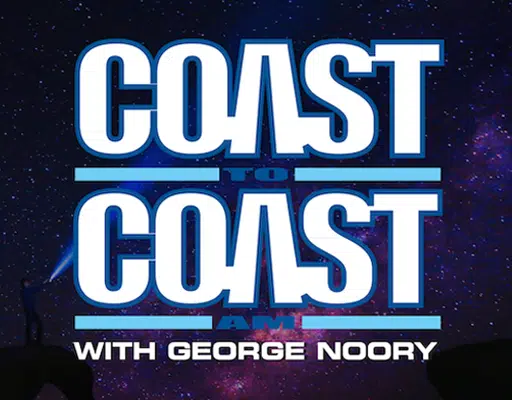I’m often times wowed by the shared experiences that the people of the Fox Cities have with me, despite living most of my life about 5 states away. To me, there is something beautiful about being so far away from people, and yet, because of a shared culture, we can relate to each other remarkably well.
It’s great to reminisce about the milestones that are associated with growing up, watching the same shows, listening to the same music. It’s probably the best realization I’ve had since leaving my hometown.
Unfortunately, this aspect of this country has a negative side as well.
There are short comings associated with this shared upbringing that can sometimes leave the citizens of this country in a lurch. (If you don’t believe me, ask anybody under 30 about grammar rules).
The most egregious example to me though, is the discourse surrounding Martin Luther King Jr., and the Civil Rights Movement in general.
I’m willing to bet, based on my education, that any learning surrounding the Civil Rights Movement was probably reserved to Black History Month, probably addressed voting rights and MLK Jr’s I have a dream speech, and ultimately glossed over 1000’s of other examples that otherwise uninformed students would’ve found interesting.
This probably won’t come as a shocker to those who listen to my show regularly, but I have a theory as to why that is.
When we discuss MLK Jr (or Malcolm X, or the Black Panthers, etc), we often times lean into the conversation surrounding racial inequality, and rightfully so.
As much as we still have problems today (and we have plenty), we have made tremendous strides to become as equitable of a society as we can, despite still having work to do.
Racial equality is part of the conversation, but whether you’re listening to King, X, or Hampton, the underlying message is about class solidarity. The message that we are all fighting the same good fight, trying to make a path for ourselves in this world, and the Civil Rights leaders of the day wanted to highlight that the rules designed to suppress black rights would inevitably be turned against the white population.
Needless to say, I agree.
The removal of welfare programs, the ridiculously low wage paid to tipped workers, the list is virtually limitless.
MLK was one of many highlighting the path that we were on and now find ourselves dealing with those consequences. Difference being, he called it 60 years ago.
Here’s one example of an MLK quote that (unfortunately) has aged very well.
He knew. pic.twitter.com/aBp4o5sxcf
— drlearnalot, RL voodoo doll (@DrLearnALot) January 19, 2025
If I didn’t tell you who said it, you’d probably think that was something I said on my show.
These are the beliefs surrounding the Civil Rights movement that would’ve bridged divides. That would’ve eliminated the conversation surrounding identity politics. That would’ve had the American electorate engaging in politics in a way that let’s the wealthy know that our labor should pay at least some dividends.
In my opinion, this is exactly why we are not taught about this side of the movement. While it is not MY belief that the identity side divides, some Americans (for whatever reason) feel that way, but highlighting wealth inequality across race, ethnicity, and gender? Well now we have the beginning of a class movement instead of a race movement.
Just on my show today, I highlighted one company that has lobbied the U. S. government to push back against paid maternity leave, and it just so happens that that company produces baby formula.
Yet another example of a program we cannot have in America, that seems to be handled in just about every industrialized nation.
(Click the player at the top of the article to listen to the episode.)
These are exactly the type of results that Civil Rights leaders warned about.
Did you know that, in the 60s, the Black Panthers were instituting free breakfast programs for students… regardless of race?
That’s exactly my point!
The same things our government say is impossible today, these groups were getting it done decades ago, and rather than educating us about it, the powers that be would prefer that these facts get lost to history.
The Civil Rights movement was just as much about addressing economic inequality as it was racial inequality, and it’s important to keep that in the back of your mind during the vaunted “DEI” discourse.
So, I write this article as a reminder that, yes, the Civil Rights movement was necessary and yes, there is still plenty work to do, but oftentimes lost in the movement was the desire to coalesce around something greater than identity.
That’s what I choose to think about on days like today, and I hope you’ll join me in doing so.






